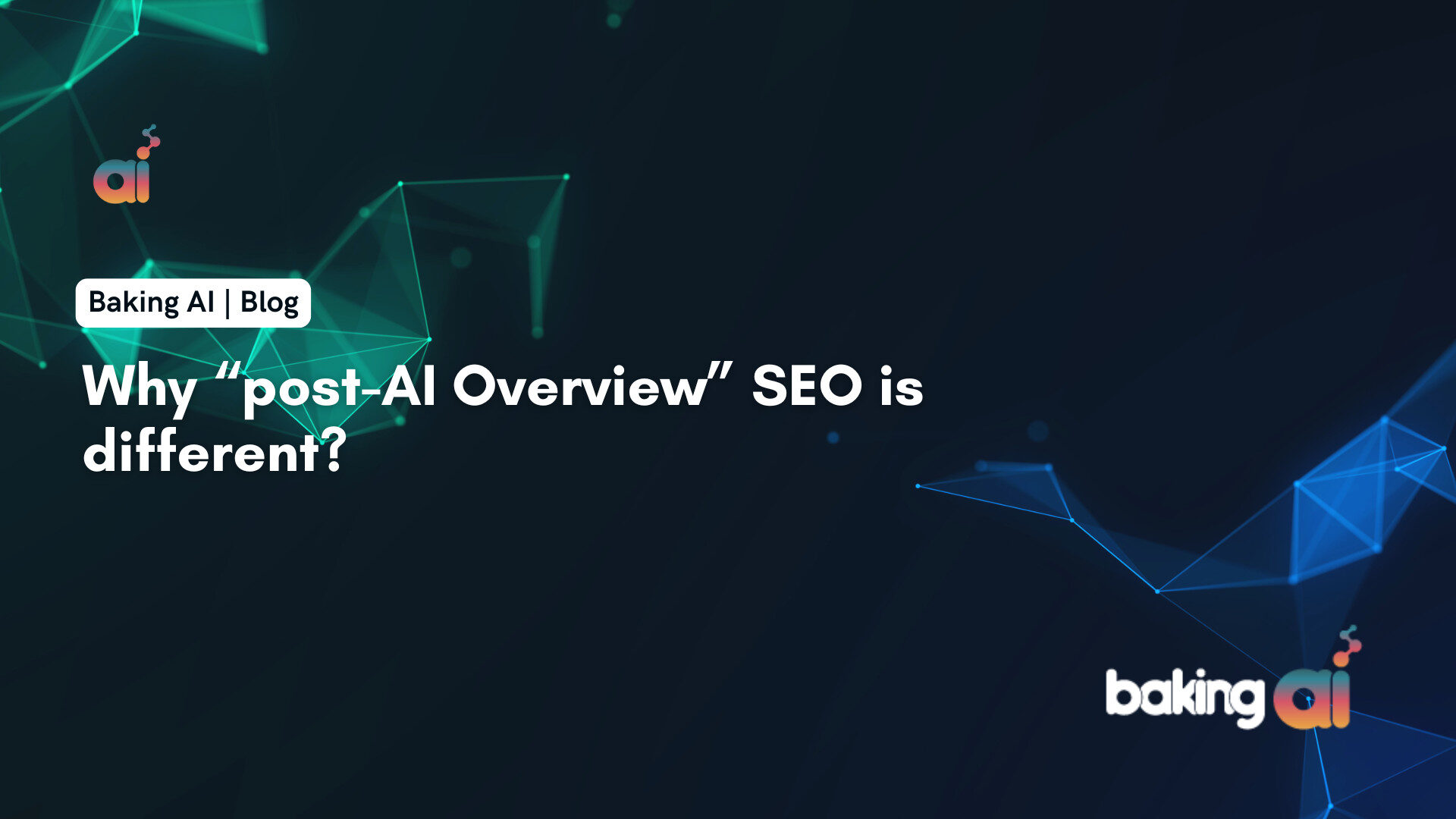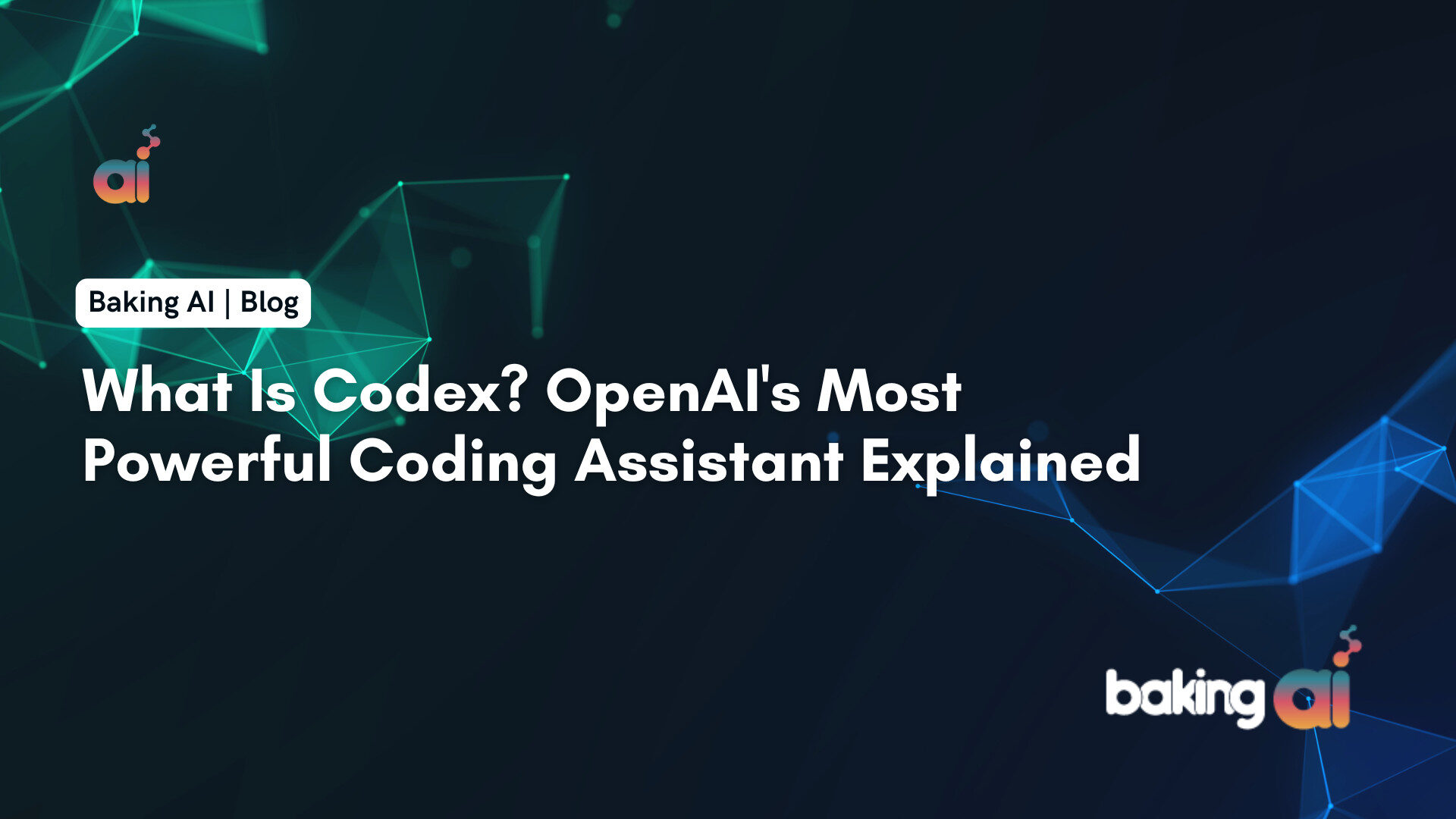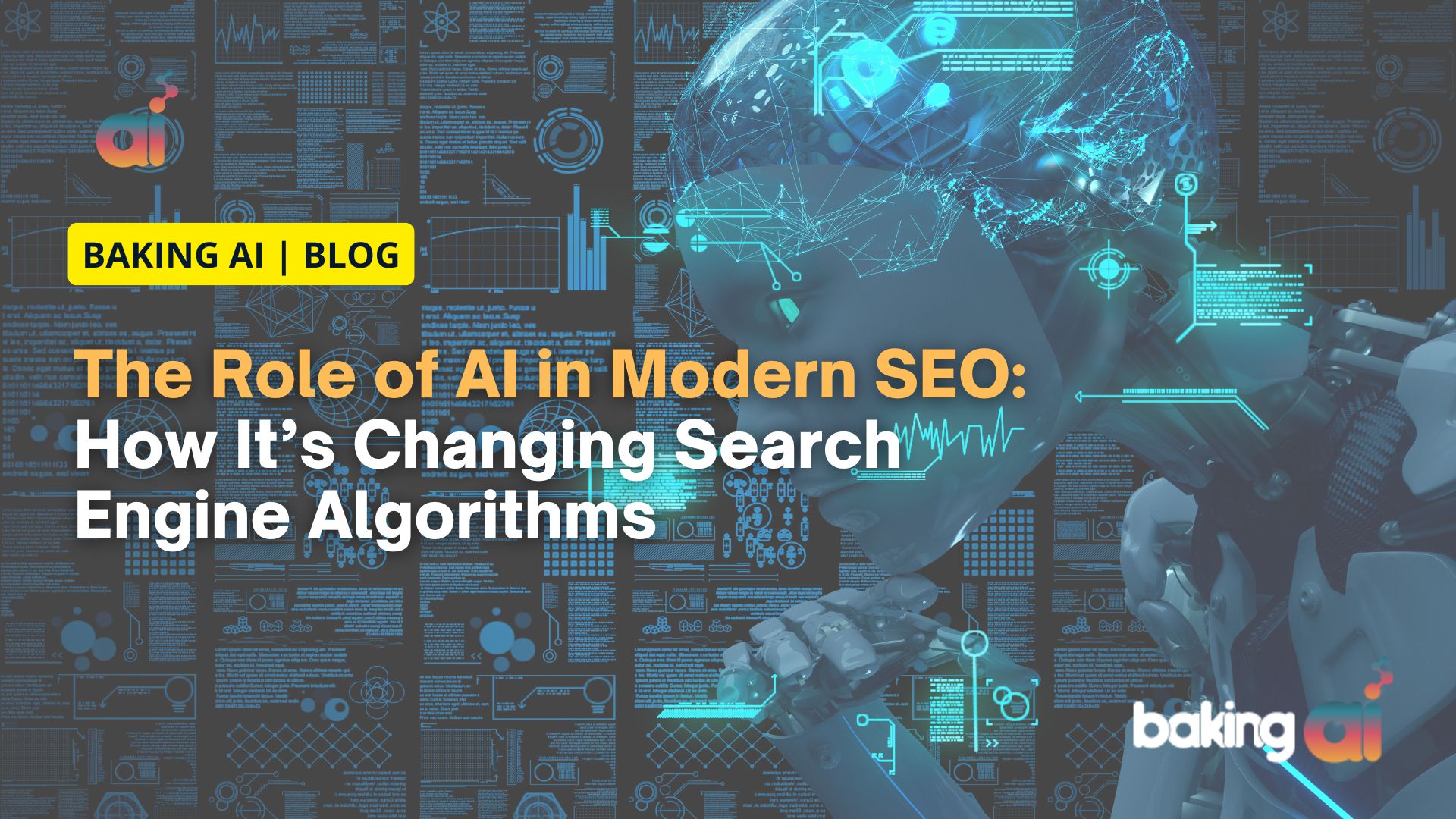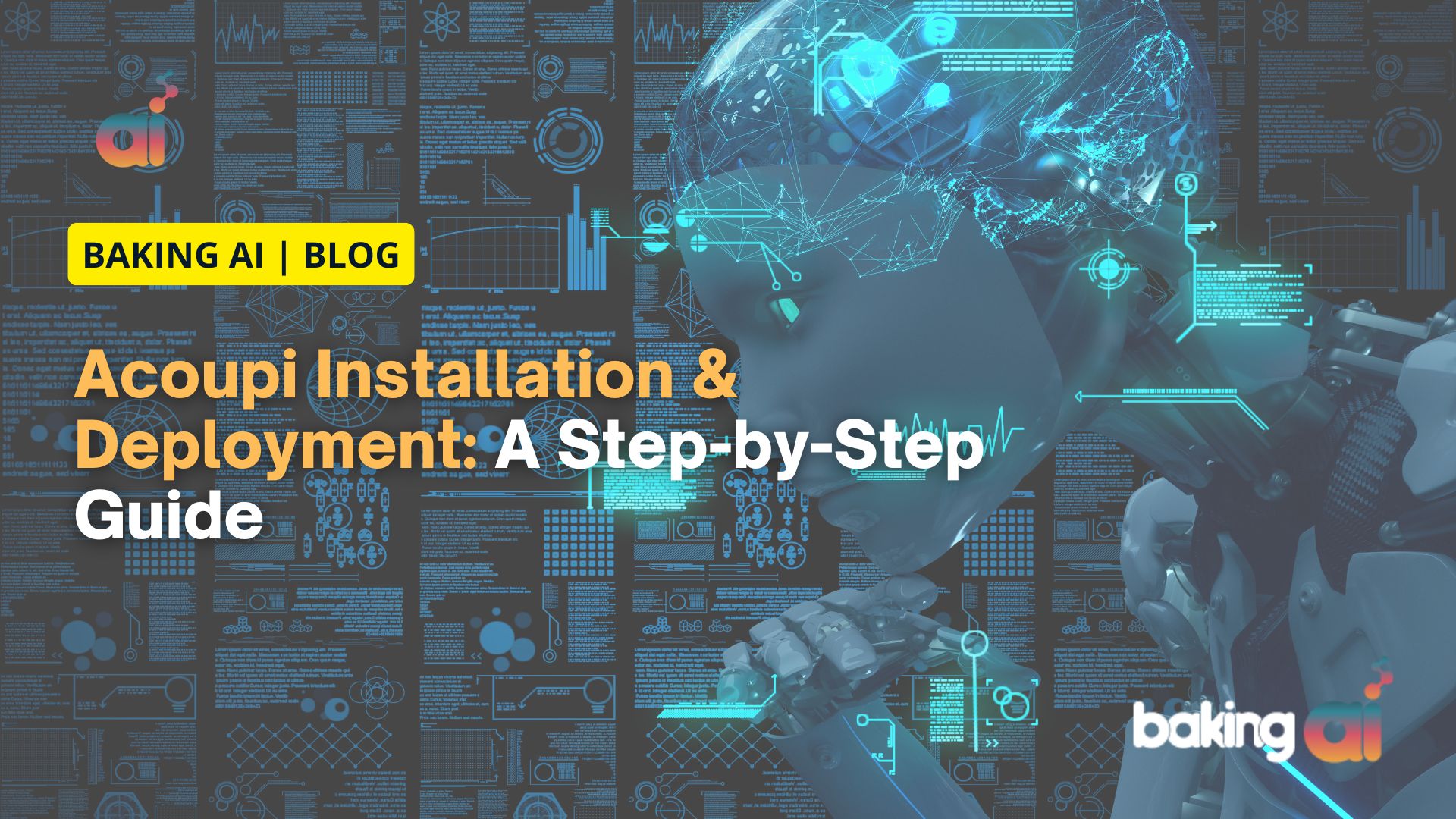In today’s fast-paced business landscape, providing exceptional customer service is vital for companies to thrive. With the advancements in artificial intelligence (AI), businesses are leveraging AI-powered chatbots to revolutionise customer service. These intelligent virtual assistants are enhancing the customer experience by offering personalised support, round-the-clock availability, and efficient issue resolution.

Understanding AI-Powered Chatbots
AI-powered chatbots are cutting-edge technology that utilises natural language processing and machine learning algorithms to simulate human-like conversations with customers. These chatbots analyse customer queries, provide relevant information, and offer tailored recommendations. By understanding customer intent and context, AI-powered chatbots deliver accurate and efficient responses, ensuring a seamless customer experience.
Enhancing Customer Experience with AI-Powered Chatbots
One of the key advantages of AI-powered chatbots is their ability to provide 24/7 availability. Customers can interact with chatbots anytime, anywhere, eliminating the frustration of limited service hours. Additionally, chatbots excel in personalization, leveraging customer data to offer tailored recommendations and suggestions, thereby enhancing customer satisfaction and driving engagement.
Furthermore, AI-powered chatbots excel in efficient issue resolution. By automating routine and repetitive tasks, they free up human agents to focus on more complex customer inquiries. This streamlined process leads to faster response times and improved customer service efficiency.
Another significant benefit is multichannel support. AI-powered chatbots seamlessly integrate with various communication channels, including websites, social media platforms, and messaging apps. This omni-channel approach ensures consistent customer service across multiple touchpoints, enabling businesses to meet customers where they are and deliver a cohesive experience.
Use Case of AI-Powered in different Industries
Irrespective of the industry you are in, there are numerous business functions and customer communication channels that can benefit from automation, leading to overall business growth. When it comes to choosing the right technology for service delivery, you may find yourself weighing the options between chatbots and conversational AI.
In this article, we will delve into how various industries can harness the power of AI bots, and we will provide you with some insightful chatbot conversation examples to guide you. Let’s explore how different sectors have successfully leveraged business chatbots:
Retail Industry:
Chatbots can assist customers with product recommendations, order tracking, and provide personalised shopping experiences. For example, a retail chatbot can engage customers in conversations about their preferences, suggest suitable products, and help with the purchasing process.
Banking and Finance:
In this sector, chatbots can handle inquiries related to account balances, transaction history, and general banking information. They can also provide financial advice, help customers manage budgets, and assist with loan applications.
Travel and Hospitality:
Chatbots can offer support for travel bookings, flight information, hotel reservations, and recommendations for local attractions. They can also assist with customer inquiries regarding travel policies, visa requirements, and travel insurance.
Healthcare:
In the healthcare industry, chatbots can provide 24/7 support by answering common medical questions, scheduling appointments, and reminding patients to take their medication. They can also offer mental health support by engaging in conversations and providing relevant resources.
E-commerce:
Chatbots can facilitate customer interactions by answering inquiries about product details, shipping information, and returns. They can also assist in the ordering process, offer personalised product recommendations, and provide post-purchase support.
Real Estate:
Chatbots can help potential buyers find suitable properties based on their preferences, provide information on property listings, schedule property tours, and answer common queries related to pricing and location.
Customer Service:
Chatbots can be deployed across various industries to handle common customer inquiries, provide self-service options, and escalate complex issues to human agents when necessary. They can offer 24/7 support and ensure consistent and efficient customer service.
While many brands may still be uncertain about how chatbot features fit into their overall strategy, industry-specific examples demonstrate the capabilities and benefits of this technology. By automating routine tasks and providing personalised interactions, chatbots can enhance customer experiences, improve operational efficiency, and drive business growth.
Real-Life Examples of AI-Powered Chatbot and their Success Stories
In today’s fast-paced business landscape, customers have high expectations for immediate responses when seeking support. However, providing real-time and high-quality support to a large customer base can be challenging. This is where AI-enabled chatbots come into play, offering 24/7 engagement and the ability to handle numerous conversations simultaneously.
Several companies have already embraced AI-powered chatbots and witnessed remarkable success. For instance,
1. Slush – Answer FAQs in real time
Slush, a renowned organiser of entrepreneurial events worldwide, successfully harnessed the capabilities of chatbots to enhance their customer support. By deploying a conversational AI solution, they achieved significant results and improved customer engagement. One of their chatbots, named Jenny, efficiently handled 64% of all customer support requests, alleviating a substantial workload.
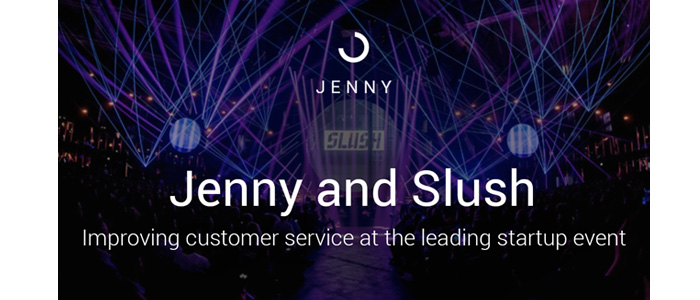
Improved Customer Engagement:
Jenny, available round the clock on Slush’s website and mobile app, instantly provided answers to basic event-related queries such as venue directions, event schedules, and nearby accommodations. This seamless accessibility and instant support led to a 55% increase in customer-initiated conversations. Overall, the chatbot successfully handled inquiries from approximately 20,000 event attendees.
Key Learnings:
- Scalability for Large Events: Regardless of a company’s size or customer base, chatbots can be easily scaled to handle a high volume of customer support requests during major events, ensuring a seamless and efficient experience for attendees.
- Sales Chatbot Templates: Utilising a chatbot template designed for sales purposes can significantly reduce the workload of the customer support team, freeing up their time to focus on more complex inquiries.
- Enhanced Support Quality: Deploying a chatbot empowers businesses to provide high-quality support to their target audience, ensuring that customers receive timely and accurate assistance.
2. Vainu – Enhancing Lead Generation with Chatbots
Vainu, a data analytics service, is a prime example of how chatbots can drive successful lead generation. They developed VainuBot, an interactive chatbot that engages customers in rich conversations. Through strategic questioning, the bot qualifies and engages visitors, ensuring that the leads generated are highly targeted and valuable.
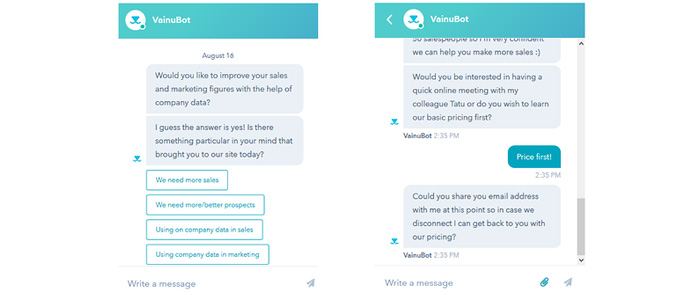
Instead of overwhelming visitors with a lengthy form, VainuBot allows visitors to make quick choices by selecting the options most relevant to them. By providing a conversational interface, the bot captures valuable information while keeping visitors engaged and interested. Towards the end of the conversation, VainuBot seamlessly requests the visitors’ email address to book a demo or send a report, facilitating a smooth transition from lead generation to conversion.
Key Learnings for Effective Lead Generation:
- Customized Chatbot Approach: Businesses aiming to collect lead information should design a chatbot that asks qualifying questions and adapts its responses based on visitors’ answers. This personalised approach enhances engagement and improves lead quality.
- Increased Lead Quality: With lead generation chatbots, companies can acquire more qualified leads compared to traditional lead generation forms. By engaging visitors in interactive conversations, chatbots gather valuable data and capture leads with higher conversion potential.
3. Dominos – Chatbots as Convenient Shopping Assistants
Dominos, a renowned restaurant chain, has embraced chatbot technology to enhance the ordering process and make it faster and more convenient for their customers. They have developed a Facebook chatbot that enables customers to order pizza from virtually “Anywhere.”
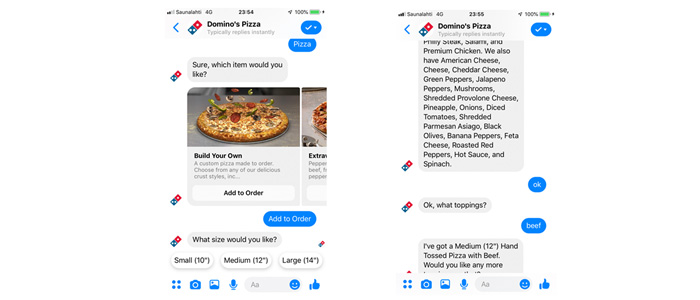
Expanded Messaging Channels:
Today’s customers utilise various messaging channels to connect with their favourite brands. Dominos has capitalised on this trend by offering the convenience of ordering pizza through multiple platforms such as Facebook Messenger, texting, Amazon Alexa, Slack, Twitter, or even a smartwatch. They have even introduced the ability to order pizza using emoji texts, making it a fun and engaging experience.
A Frictionless Shopping Paradigm:
Dominos’ innovative use of chatbots has revolutionised the way customers shop. By providing a frictionless experience, they have simplified the ordering process and made it incredibly easy for customers to get exactly what they want in just a few steps.
Key Learnings:
- Harnessing the power of conversational scripts in chatbots can greatly enhance their effectiveness and save users’ time by reducing the number of steps required to complete a transaction.
- In addition to engaging and straightforward communication, it is crucial to provide customers with the benefit of convenience. Dominos eliminates the hassle of downloading an app, dialing phone numbers, or visiting a website to order pizza. All customers need to do is initiate a conversation with the chatbot on Messenger, simplifying the entire process.
- By embracing chatbot technology, brands can create a seamless and convenient shopping experience, catering to the preferences and habits of modern consumers
4. HDFC Bank – Enhancing Customer Experience
The demand for prompt and efficient financial services has led to the increasing utility of financial chatbots. Customers now expect quick and seamless experiences when it comes to managing their finances and navigating complex banking websites. Implementing chatbot technology not only benefits customers but also allows banks to streamline their operations and improve customer satisfaction.

Eva: Your AI-Powered Banking Chatbot:
Meet Eva, an AI-powered banking chatbot designed to serve customers better and faster. Powered by Natural Language Processing (NLP), Eva can understand user queries and retrieve relevant information from various sources instantly, eliminating waiting times.
Effortless Customer Interaction:
Customers can engage with Eva in natural language, without the need for searching, browsing, clicking buttons, or waiting on a call. Eva has successfully answered over 5 million queries from around a million customers with an impressive accuracy rate of over 85%. Every day, Eva engages in more than 20,000 conversations with customers worldwide, delivering efficient and personalised support.
Key Learnings:
- Designing Chatbots for Core Use Cases: Banks and financial services can optimise chatbot functionality by focusing on specific use cases such as claims processing or loan applications. By tailoring the chatbot’s capabilities to address specific customer needs, banks can provide targeted and effective solutions.
- Personalization for Brand Image: Adding a personalised touch to your banking chatbot can enhance the overall customer experience. Consider giving your chatbot a name that aligns with your brand image, creating a more relatable and engaging interaction for customers.
5. KLM Royal Dutch Airlines – Enhance your customer service with a multilingual FB bot
Artificial Intelligence (AI) has transformed the travel industry, simplifying travel arrangements and streamlining business procedures. Travel chatbots, accessible 24/7 and supporting multiple languages, provide real-time responses to travelers’ queries. In this article, we’ll explore how KLM Airlines implemented their chatbot, “BB” (BlueBot), as a prime example of the power of AI in customer support, specifically on Facebook Messenger.
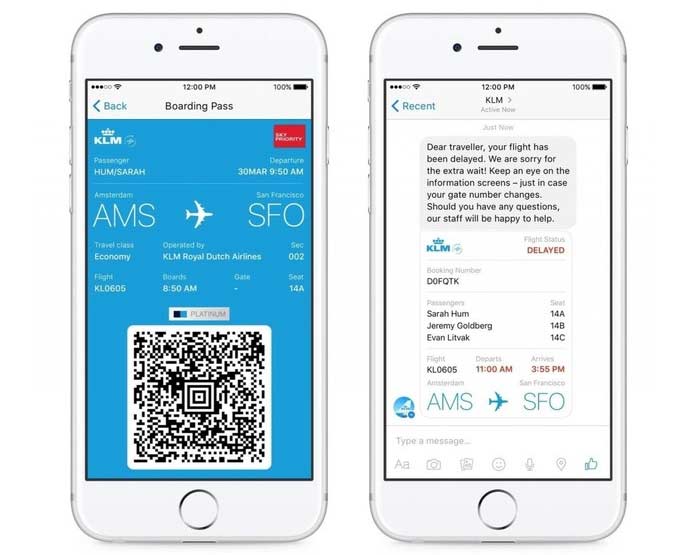
KLM Airlines faced the challenge of handling 15,000 social conversations in different languages per week. To provide faster, more effective, and personalised customer support, they introduced their chatbot, BB. By integrating the chatbot on the checkout page, customers could opt-in to receive booking confirmation, check-in notification, boarding pass, and flight status updates via Facebook Messenger.
Results and Key Learnings:
- Increased Customer Engagement: The chatbot’s availability and ability to solve queries and offer suggestions enhanced customer engagement with the KLM Airlines brand. The chatbot handled an impressive 16,000 customer interactions weekly, with over 1.7 million messages sent on Messenger by more than 500,000 people.
- Time Efficiency and Cost Savings: By handling routine queries, the chatbot saved valuable time for customer care service representatives. This allowed them to focus on more complex problems and tasks, improving overall service efficiency.
- Personalized Travel Experience: The chatbot acted as an excellent profiling tool, collecting data such as purchase history to personalise the travellers’ experience. This personal touch has long been anticipated by travellers, and the chatbot delivers on that expectation.
Implementing AI-Powered Chatbots in Your Business
To implement AI-powered chatbots effectively, businesses need to assess their customer service needs and goals. Identifying pain points and areas where automation can enhance the customer experience is crucial. Once the objectives are clear, selecting the right chatbot platform or solution that aligns with business requirements is essential.
Integration and training play a significant role in successful chatbot implementation. Seamless integration with existing systems and thorough training on the chatbot’s capabilities ensure a smooth deployment process. Ongoing monitoring and optimization are also essential to continuously improve chatbot performance and address any customer feedback.
The Future of AI in Customer Service
The future of AI in customer service holds immense potential. Advancements such as natural language understanding, sentiment analysis, and emotion detection will enable chatbots to understand and respond to customers’ nuanced needs and emotions more effectively. Additionally, voice-based interactions and enhanced personalization will further enhance the customer experience.
In the coming years, AI-powered chatbots will continue to evolve, offering even more sophisticated solutions for customer service. From intelligent voice assistants to proactive problem-solving, AI will play a pivotal role in transforming customer service into a highly efficient and personalised experience.
Conclusion
AI-powered chatbots are revolutionising customer service by providing personalised support, round-the-clock availability, and efficient issue resolution. Businesses that leverage the power of AI chatbots are witnessing significant improvements in customer satisfaction, reduced response times, and increased sales. As the future of customer service continues to evolve, AI-driven technologies will play a crucial role in enhancing the customer experience.
To implement AI-powered chatbots effectively in your business, it’s important to assess your customer service needs and goals, choose the right chatbot platform or solution, and ensure seamless integration and training. Ongoing monitoring and optimization will ensure that your chatbot performs at its best and delivers exceptional customer service.
At Baking AI, we offer the best chatbot builder platform in the market. Our platform empowers businesses to create intelligent chatbots that provide personalised and efficient customer support. With our user-friendly interface and advanced features, you can easily customise and deploy chatbots across multiple channels.
If you’re ready to take your customer service to the next level, we invite you to visit our website at bakingai.com. Contact us today to learn more about how Baking AI can transform your customer service and help you build exceptional AI-powered chatbots.
Remember, the future of customer service is here, and AI-powered chatbots are leading the way. Don’t miss out on the opportunity to provide exceptional customer experiences with Baking AI. Visit bakingai.com and get started today.


